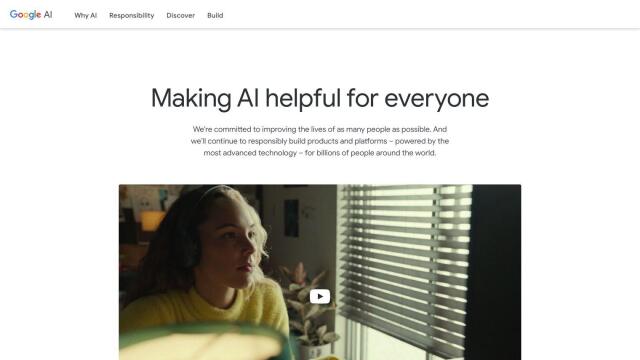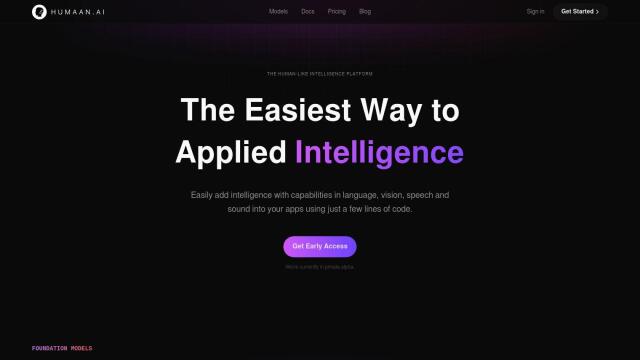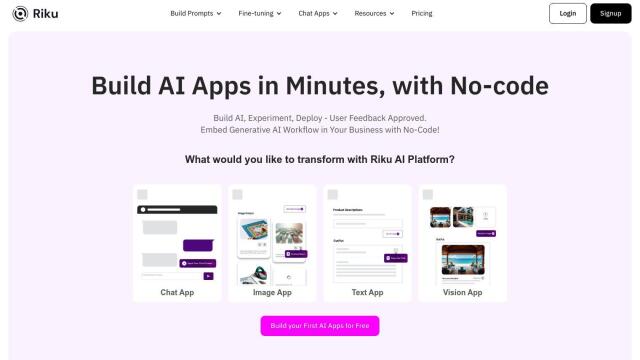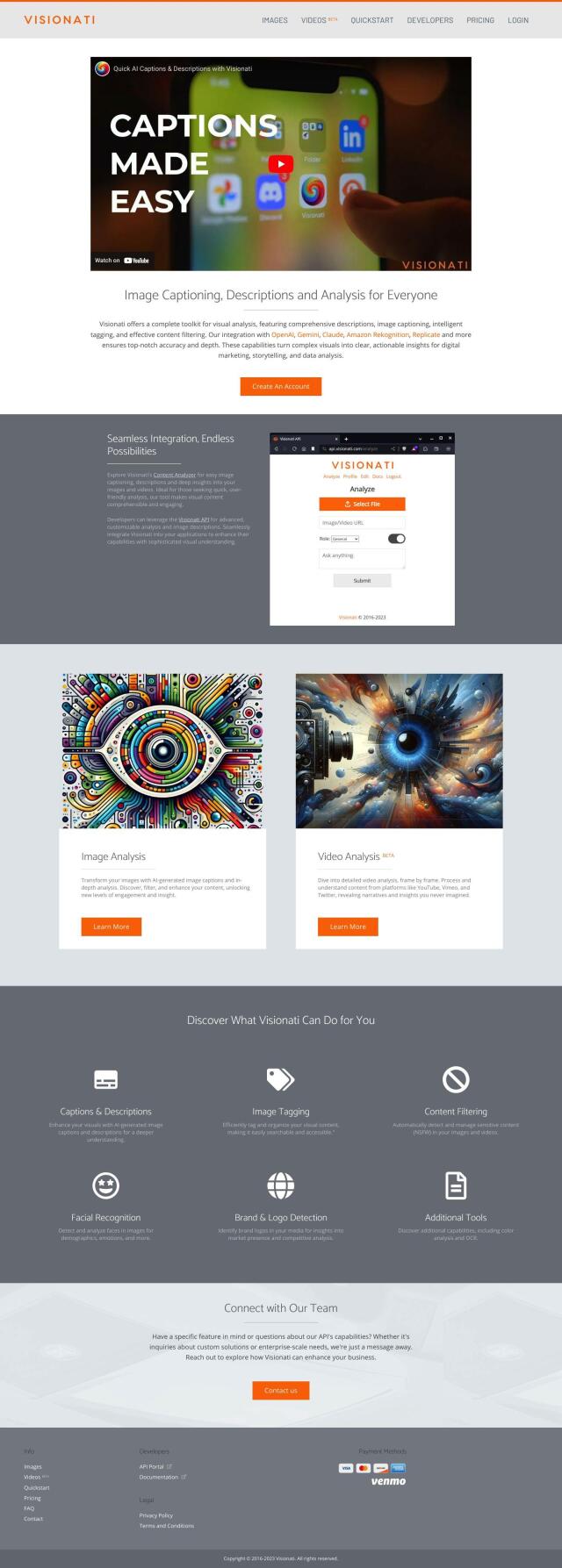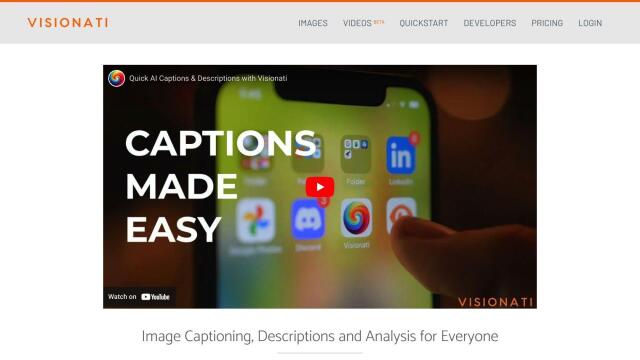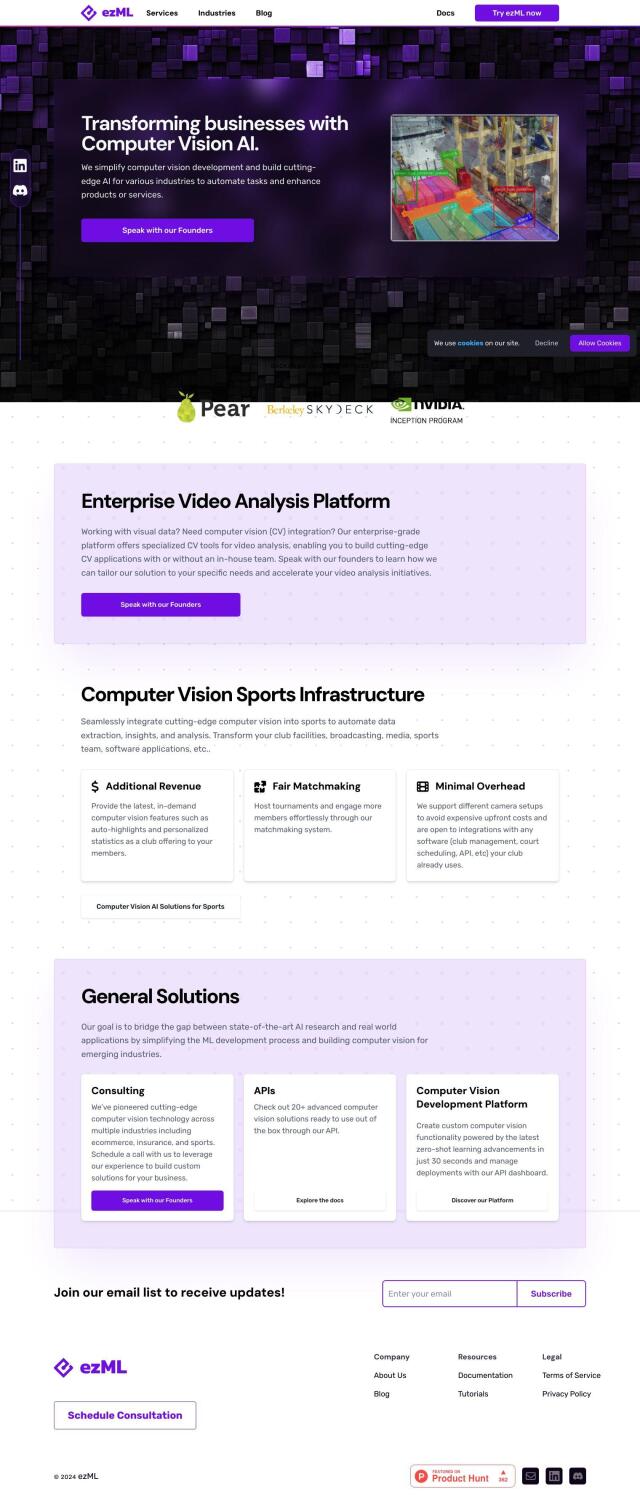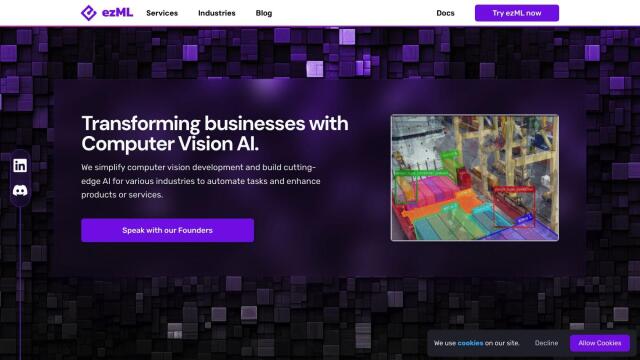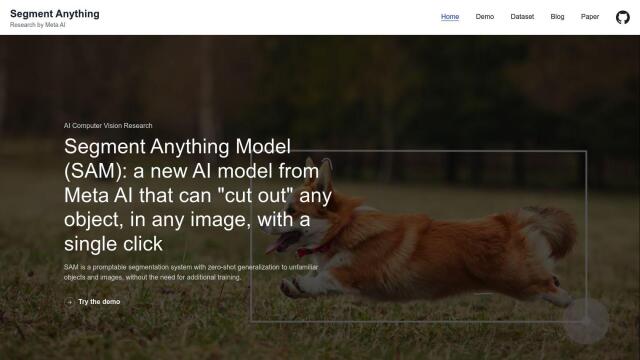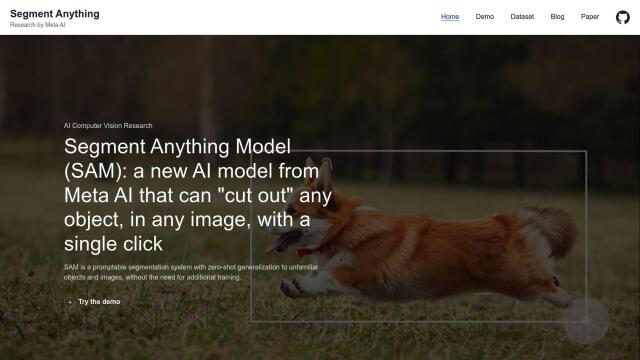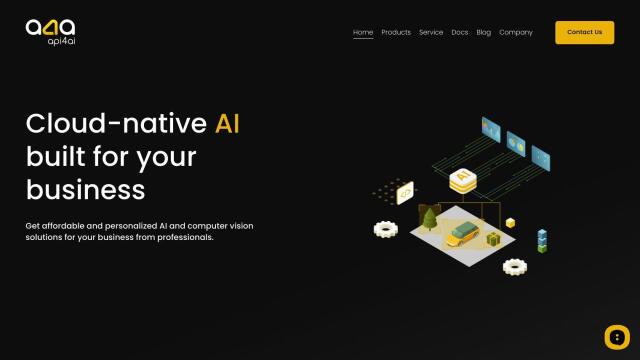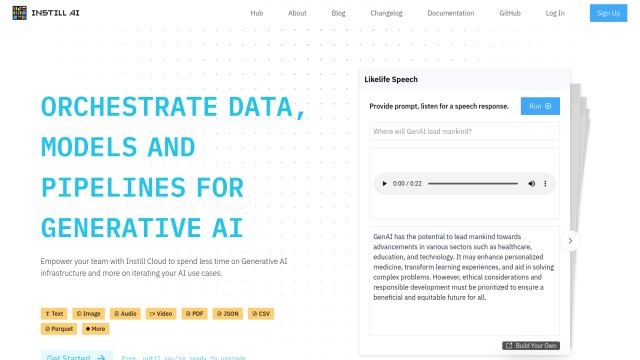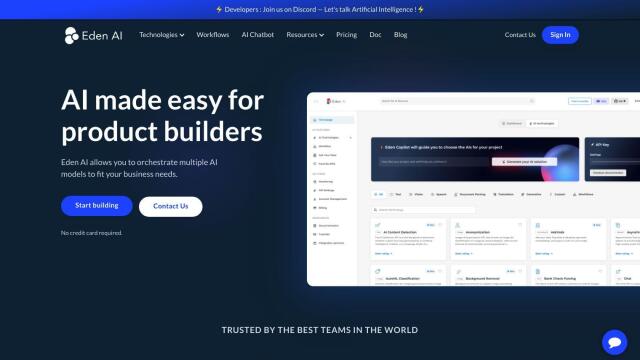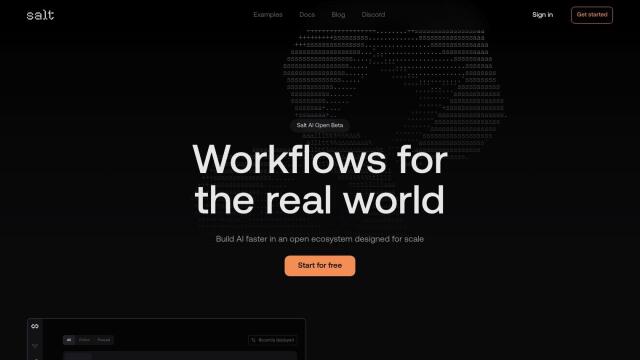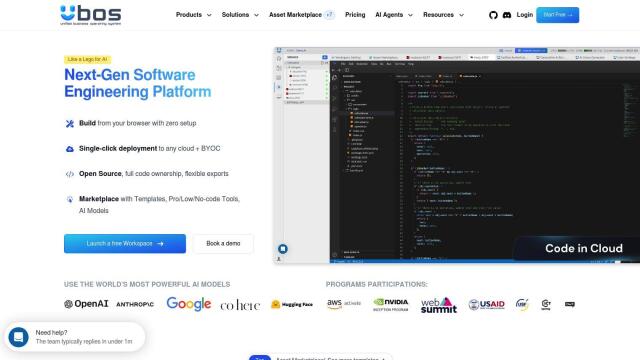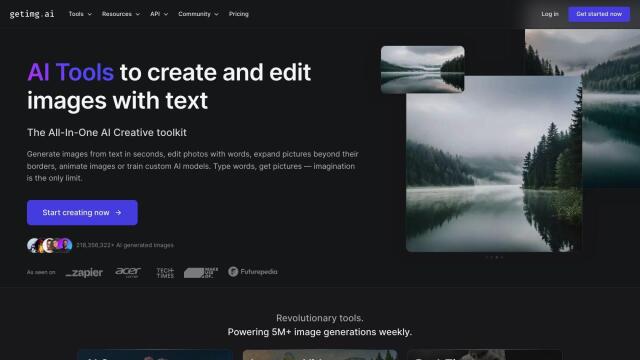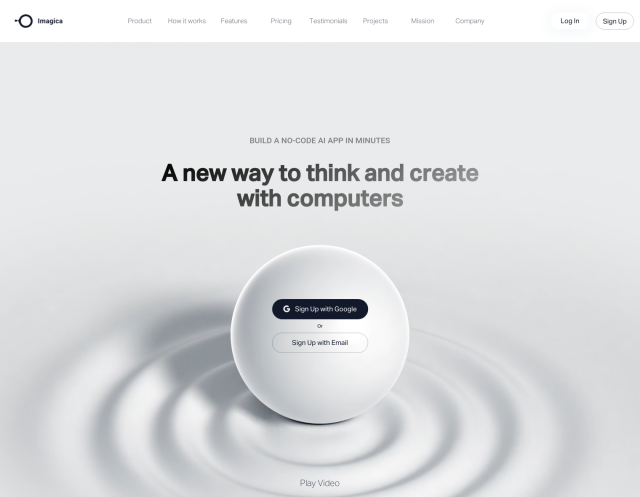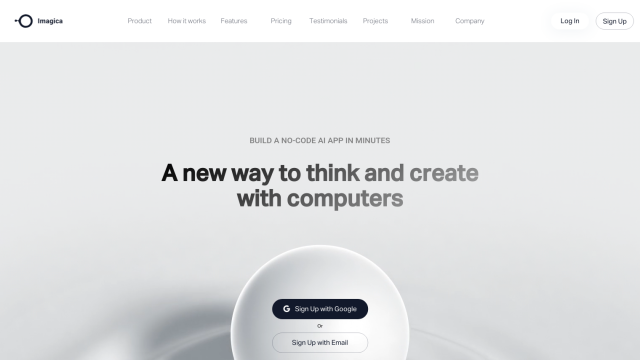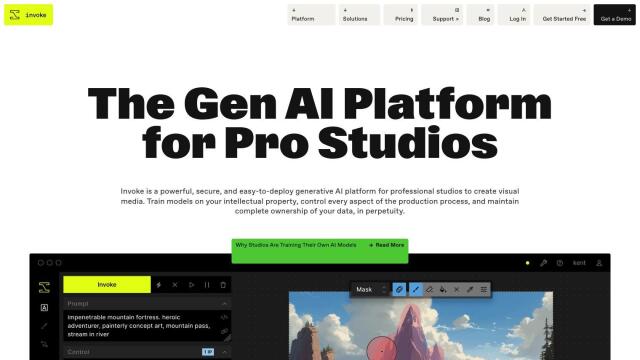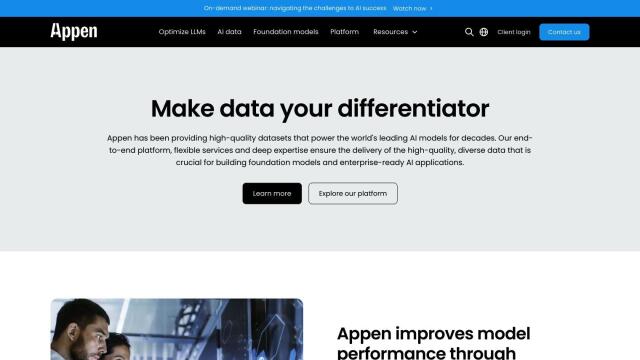Question: I need a developer platform that supports building AI features with vision and image recognition capabilities.

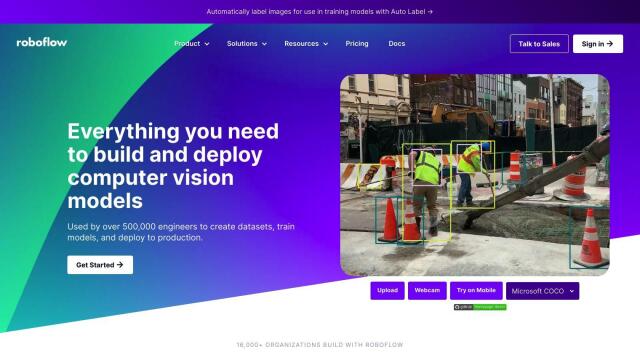
Roboflow
If you're looking for a developer platform that lets you build AI features with vision and image recognition abilities, Roboflow is a good option. It's an integrated training and deployment tool for computer vision models, with automated annotation tools and serious deployment abilities. It can be used with TensorFlow, PyTorch, YOLO and other frameworks, and can be deployed to edge and cloud computing systems, too. That makes it a good choice for developers and companies that want to get their computer vision work up and running as quickly as possible.

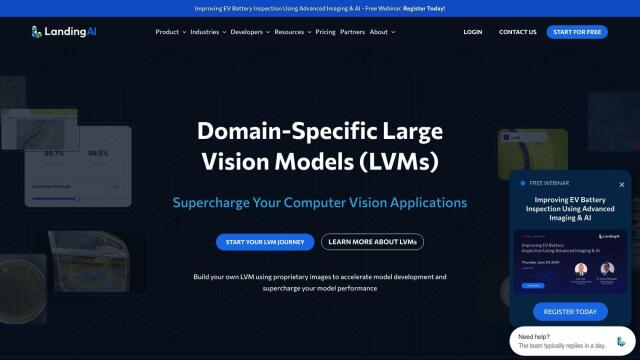
LandingLens
Another good option is LandingLens, a cloud-based service that uses Large Vision Models (LVMs) and deep learning technology to handle a broad range of computer vision tasks. It's got tools for quick image labeling, one-click training and detailed performance monitoring. LandingLens also offers flexible deployment options and can be connected to cloud and edge computing devices, too, so it's good for companies that want to use it in lots of different situations.
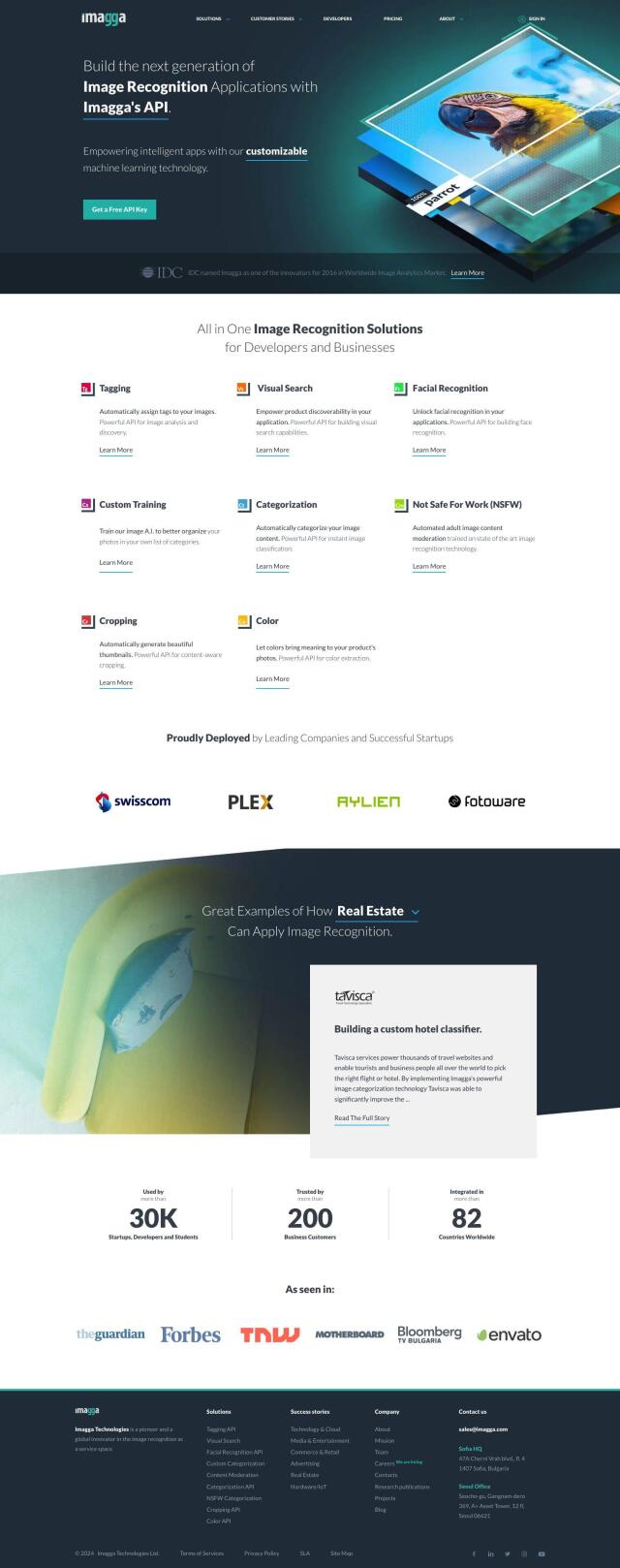
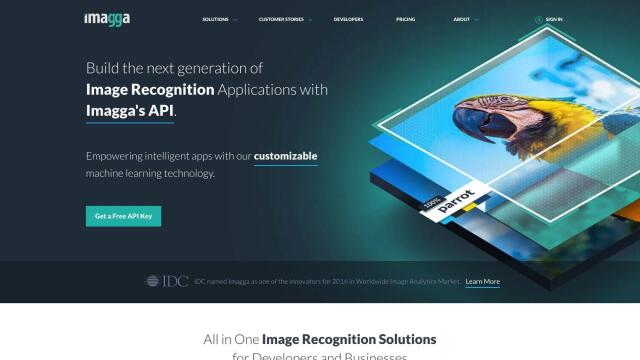
Imagga
Imagga is an image recognition API that includes image tagging, visual search, facial recognition and content moderation abilities. It can be used in a variety of environments, including cloud, on-premise and edge/mobile computing, and has detailed developer documentation and support. It's used in many industries, so it's a good all-purpose option if you need to build lots of different applications.

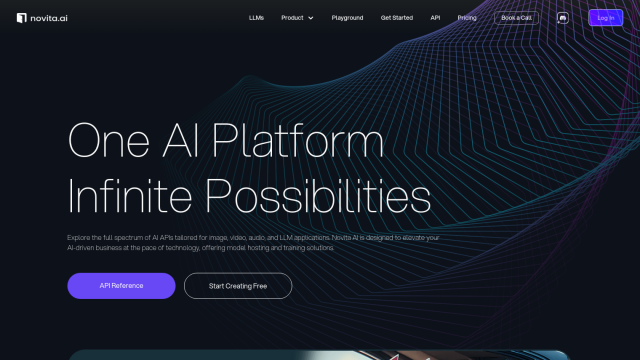
Novita AI
If you want a broader range of AI abilities than just image recognition, check out Novita AI. It's a full-stack platform that offers APIs for image, video, audio and Large Language Model use cases, including text-to-image and voice cloning. It offers access to a large library of free models, flexible pricing and detailed privacy controls, so it's good for a lot of different AI projects.

